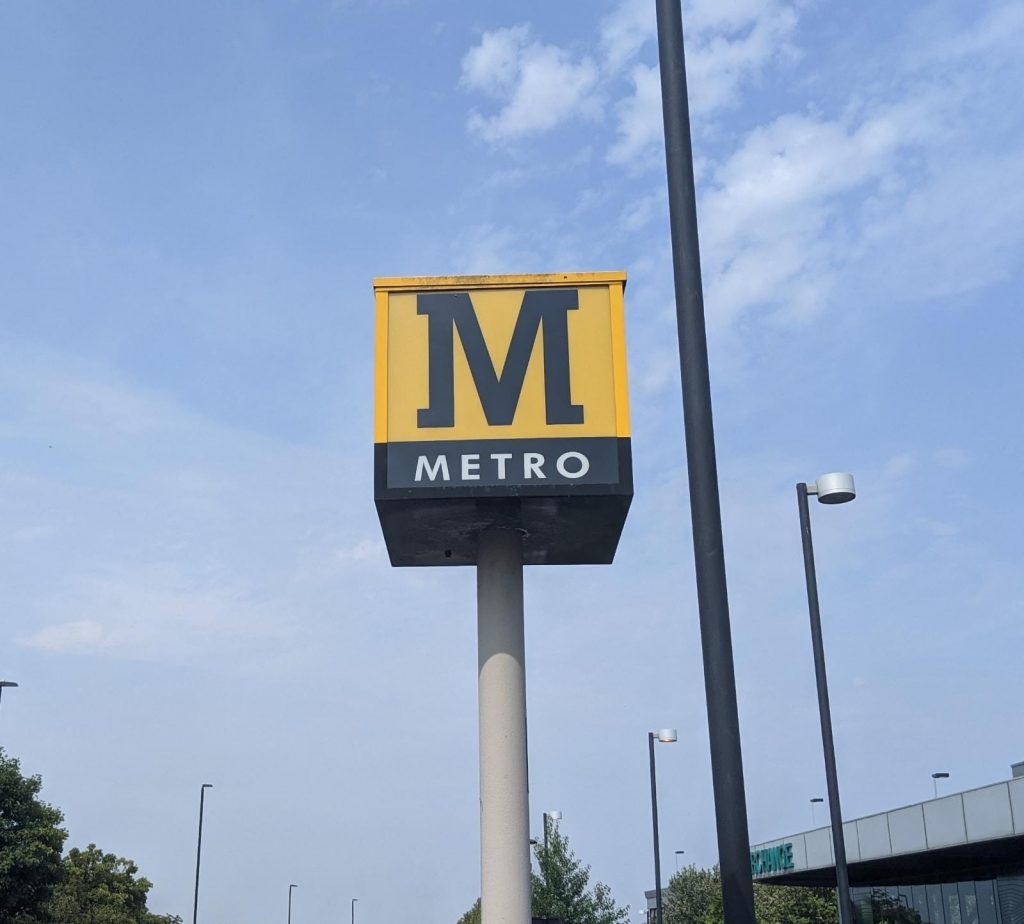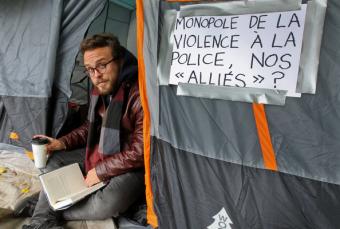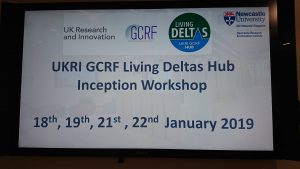How Oral History helped to disrupt the appropriation of the ‘White Rose’ resistance
This year’s [2022] Brundibár Arts Festival was opened by Silvie Fisch of the Oral History Collective. The annual festival is dedicated to the music and arts of the Holocaust. This year’s festival theme is inspirational women and Silvie spoke about the changing public history of Sophie Scholl. Here is an edited version of Silvie’s talk.
Continue reading


 nd collaborative partners in history and oral history that will explore popular memories of environmental change across three of the world’s major delta regions. Here Graham reflects on just why the project is so exciting.
nd collaborative partners in history and oral history that will explore popular memories of environmental change across three of the world’s major delta regions. Here Graham reflects on just why the project is so exciting.